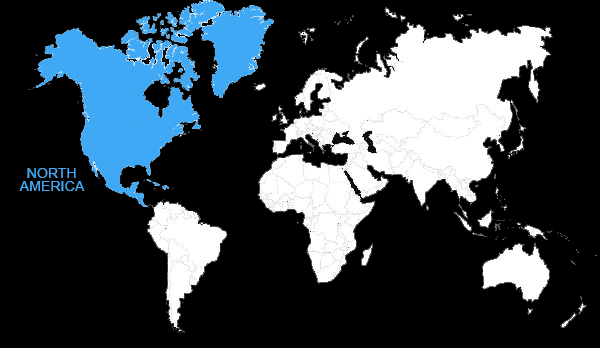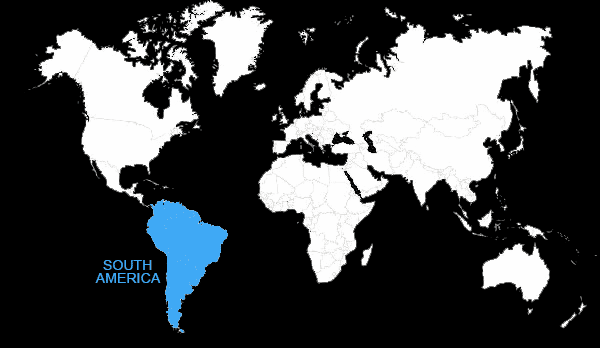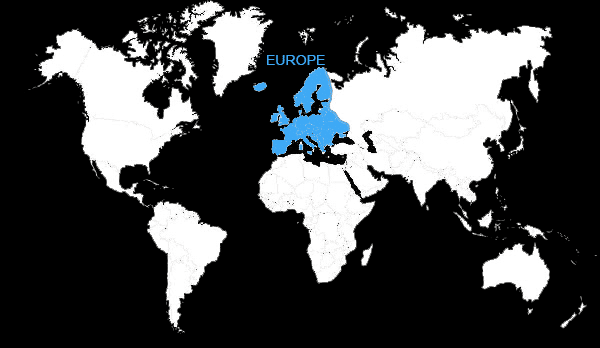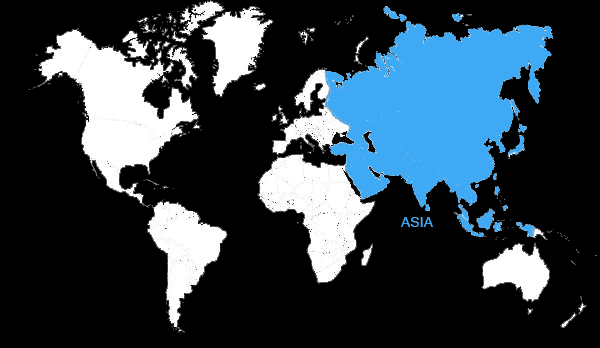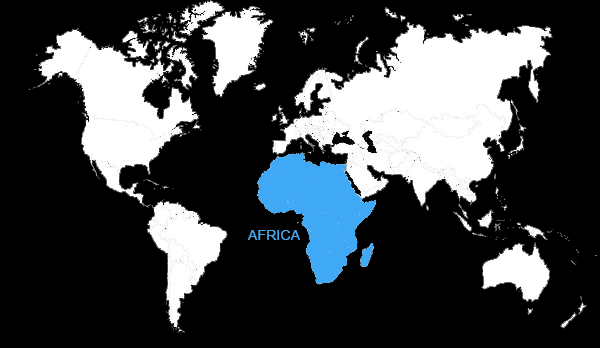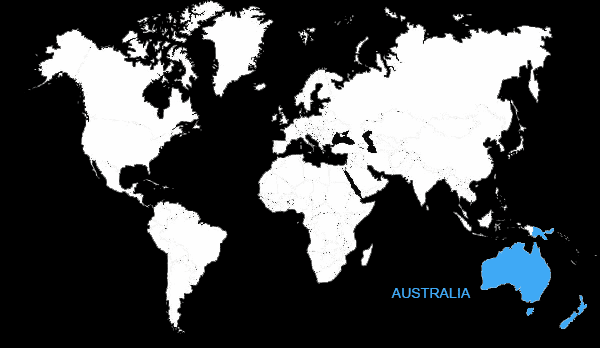Sport Club Corinthians Paulista Tryouts
Sport Club Corinthians Paulista is a Brazilian sports club based in the Tatuapé district of São Paulo, Brazil. The club competes in the Campeonato Brasileiro Série A, the top flight of Brazilian football.
Corinthians Youth Development System
Corinthians Academy
Sport Club Corinthians Paulista’s Base Categories is the youth system of Corinthians. The youth system is composed of several age categories ranging from Under-11s to Under-23s. The academy teams play in the state-wide Federação Paulista de Futebol-organized competitions (U-11 to U-20), the Brazilian Football Confederation-organized national championships (U-17 to U-23), and in the prestigious Copa São Paulo de Futebol Júnior (U-20). The Under-23s team also represents Corinthians in the professional-level Copa Paulista.

Corinthians’ academy is one of Brazil’s most successful, winning 10 Copa São Paulo de Futebol Júnior, 1 Campeonato Brasileiro Sub-20 and 1 Copa do Brasil Sub-17 titles altogether. Former player Fernando Yamada is the academy manager as of October 2020 and 2012 Copa Libertadores and 2012 FIFA Club World Cup winner Alex Meschini the academy technical coordinator. Numerous international players have graduated from the academy team.
Selective Process Screening (Corinthians Academy Recruitment)
IN ORDER TO SEARCH FUTURE TALENTS FOR FOOTBALL, SPORT CLUB CORINTHIANS PAULISTA WILL PERFORM TECHNICAL EVALUATIONS FOR YOUNG PLAYERS
(ONLY ON MONDAYS FROM 9:00 AM TO 11:00 AM, ON THE WEEK THAT HOLIDAYS WILL NOT BE ENROLLED)
The attendance for the registrations will be made exclusively at the club through the distribution of a password of ( n ° 1 an ° 100, per day registration, between 08:00 and 09:00 hours ); at gate 3.

Interested parties should carefully read the procedures to be followed. Weekly, different categories will be selected, according to the predetermined calendar. The test dates will be informed upon registration .
To request an evaluation in the Base Categories of Sport Club Corinthians Paulista, the interested party must follow the rules below:
1. Provide the following documents:
- Electrocardiogram with report and valid for 90 days (original)
- Medical Certificate valid for 90 days (original)
- 2020 School Statement (original)
- Athlete’s ID (copy)
- Responsible RG (copy)
- 1 recent photo (3×4 size)
2. Appear on Mondays (in the week that there is a holiday there will be no registration) at Parque São Jorge – located at
Rua São Jorge, n ° 777, Tatuapé, São Paulo, from 9:00 to 11:00;
3. On the registration days, the athlete’s attendance is not necessary, only the person responsible (over 18 years) to
sign the registration form.
4. At the time of registration, it is necessary to know the position the athlete plays in the field;
5. The federated athlete must bring the release certificate in order to participate in the assessment;
6. The Club will not provide any Declaration or Attestation to justify school absence, if the time of the evaluations
coincides with the school schedule;
7. The documents presented will be permanently in possession of Sport Club Corinthians Paulista;
8. The Athlete may only participate in one (1) assessment per year;
9. The Athlete must attend every determined evaluation day;
10. The dates for those interested in participating in the evaluations will be communicated on the day that the
necessary documentation is delivered to the administration of the Department of Training of Athletes at Sport Club Corinthians Paulista;
11. Registration for the evaluation is FREE;
12. For more information, contact (11) 2095-3000 ext. 3107.
IMPORTANT NOTE:
Sport Club Corinthians Paulista clarifies to its players (of any category), parents or guardians that the payment to any person who promises the selection and / or hiring of athletes should NOT be made under any circumstances .
The club DOES NOT APPROVE this procedure, which constituted a crime of fraud.
Corinthians also does not charge any amount in sieves and evaluations.
This statement is not valid for Chute Inicial, football schools licensed by Corinthians.
REPORT: (11) 2095-3000 (Extension: 3104)
EXPLORE MORE CLUBS!
Explore more professional clubs by continent.
Corinthians History
Corinthians is one of the most successful clubs in Brazil. Since its founding in 1910 by five railway workers who were inspired by the London-based Corinthian Football Club, Corinthians has become one of the most successful clubs in Brazil.
They have won the national title seven times, in addition to three trophies for the Copa do Brasil, and a record 30 titles for the state of Sao Paulo. On the global stage, the club won the first-ever FIFA Club World Championship in the year 2000. They went on to win the tournament again in 2012, following the same year in which they became the very first Copa Libertadores de América champions.

The club’s traditional home uniform consists of white shirts, black shorts, and white socks. The shorts are black and the shirts are white. Their classic insignia was designed by the modernist painter Francisco Rebolo and first used in 1939. It depicts the state flag of Sao Paulo enclosed in a shield along with two oars and an anchor to symbolize the club’s early success in naval sports.
Since 2014, Corinthians has played its home matches at the Arena Corinthians, which was one of the sites in the 2014 FIFA World Cup. The Arena Corinthians was the site of the tournament’s opening match on June 12, 2014, as well as a total of six matches during the competition.
Forbes ranked the club in 2017 as one of the most valuable football clubs in the Americas, at a value of $576.9 million, making it one of the most valuable clubs in the world. Over 30 million people are members of the club’s fan base, making it one of the most popular sports organizations in the entire world and the second most popular in Brazil.
Stadium
Located in Sao Paulo, Brazil, the Neo Qumica Arena was formerly known as Arena Corinthians. It is a multi-purpose sports arena that is owned by Corinthians, managed by Corinthians, and utilized by Corinthians. With a capacity of 49,205 seats, it is the fifth-largest stadium that is utilized by teams competing in the highest division of the Brazilian League. Additionally, it is the eleventh-largest stadium in all of Brazil.

During the 2014 FIFA World Cup, it was the site of six matches, including the opening match, which took place on June 12, 2014. Temporary seating was built to the stadium in preparation for the World Cup in order to meet the stipulation that it must have a capacity of at least 65,000 spectators in order to host the first match. Shortly after the conclusion of its final World Cup match, work began to remove the temporary seating.
Crest
The shirt used by the Corinthians did not have a badge or crest on it until 1913, when the club became a member of the Liga Paulista. At that time, the rules of the league required all of the clubs to have some sort of identifying symbol on their uniforms. A straightforward combination of the letters C (for Corinthians) and P (for Paulista) was thrown together in a hurry, and it was embroidered on the players’ shirts for the next matches. Because of this, it is considered to be the club’s first “de facto” emblem.

In contrast to the kit, the emblem evolved in multiple different ways over the course of its existence. Hermogenes Barbuy, the brother of Amilcar Barbuy, who was a player for the club at the time, was a lithographer who developed the club’s first official emblem in 1914. The insignia made its debut in a friendly match against Torino (Italy) in Sao Paulo. The round shield with the state flag of Sao Paulo was first used in 1919.
In 1939, modernist painter Francisco Rebolo, who had been a reserve player for the club in the 1920s, altered the design to include a string, an anchor, and two oars to symbolize the early success the club had in nautical sports. After that, the emblem went through a series of subtle modifications over the course of time, most notably in the shape of the frame and the flag. To commemorate the success of the Corinthians in winning their first national championship in 1990, a yellow star was put to the top of the badge.
The same thing happened after they won their respective national championships in 1998, 1999, and 2005. In 2000, after they became the first team to ever win the FIFA Club World Cup, a larger star was added to the trophy. The stars continued to be a component of the badge until 2011, when the board resolved that the badge would not exhibit any stars in the future. Since then, the stars have been removed from the emblem.


